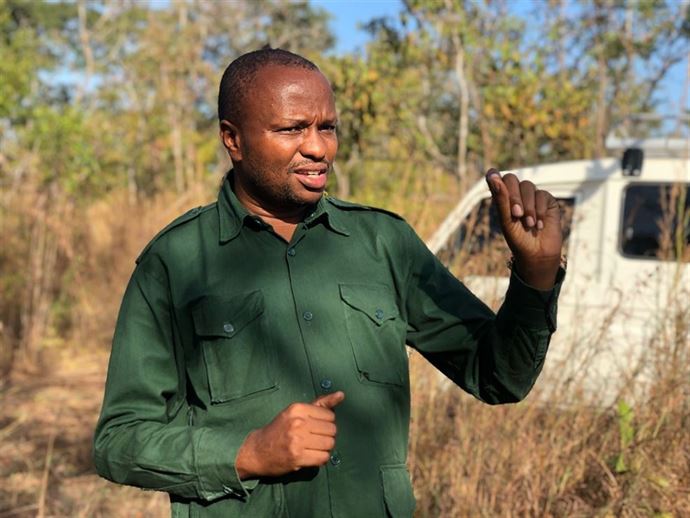From 2019 to 2022, Tanzania Forest Conservation Group (TFCG) and Tanzania Community Forest Conservation Network (MJUMITA) in collaboration with the Sokoine University of Agriculture along with other stakeholders in the forestry sector have been implementing a project known as Conserving Forests through sustainable, forest-based Enterprise Support in Tanzania (CoForEST) which was designed to contribute to Tanzania's development vision by supporting domestic value chains in forest products including sustainable charcoal and timber.

On April 13, 2022, in Morogoro Tanzania, the CoForEST project team organized a special workshop with the aim of sharing with stakeholders and communities the results of various research on forest conservation that they have done since the start of the project.
Among those who presented the findings was the Head of the Center for Gender Studies at the Sokoine University of Agriculture, Professor John Jeckoniah whose research focused on gender issues and special groups in the use, access, and benefits of forest resources.
The study focused mainly on what strategies have been used by various development partners including TFCG and MJUMITA in increasing the participation of special groups, especially women to benefit from forest resources.

Prof. John Jeckoniah speaking to reporters immediately after presenting the results of his research
In general, women do not benefit much compared to men in accessing and using forest resources such as charcoal, timber, and other resources available in those forests.
He noted that much work has been done by these organizations, especially in educating and empowering citizens and improving their lives and socio-economic well-being in the places they have reached but, when it comes to gender issues, often greater emphasis has been placed on women and forgetting men who play a very important role in making decisions in the family.
Therefore, they have realized that if men are neglected in any kind of training in society then it can be a challenge and hindrance when it comes to its implementation and in various places, women have complained that men are the obstacle in bringing changes in their society.

Mr. Charles Leonard
For his part, CoFOREST Project Manager Mr. Charles Leonard took the opportunity to urge all stakeholders in the forestry sector, especially natural forests, to continue recognizing its importance and to look at how to conserve them for the benefit of the societies.

Stakeholders and participants of the workshop from different parts of the country closely following the presentation of the project results

To find out more about the CoForEST projects, please visit the project’s website at http://www.tfcg.org/what-we-do/develop/coforest/
Credits: Calvin Gwabara - SUAMEDI




